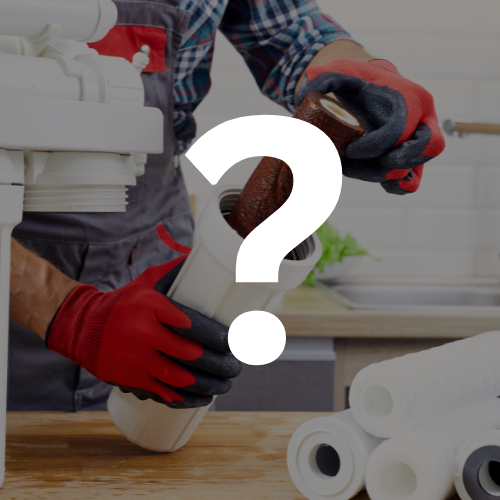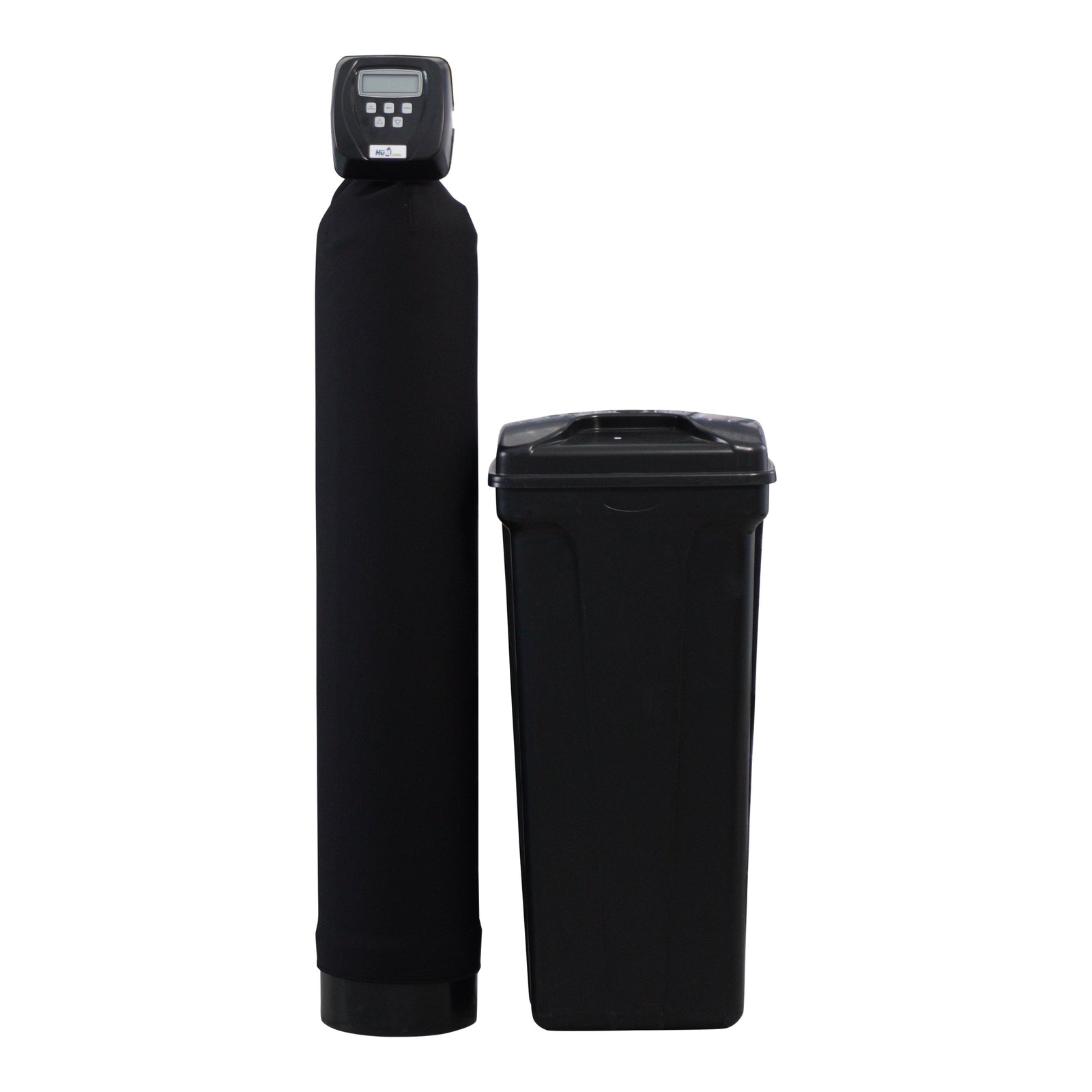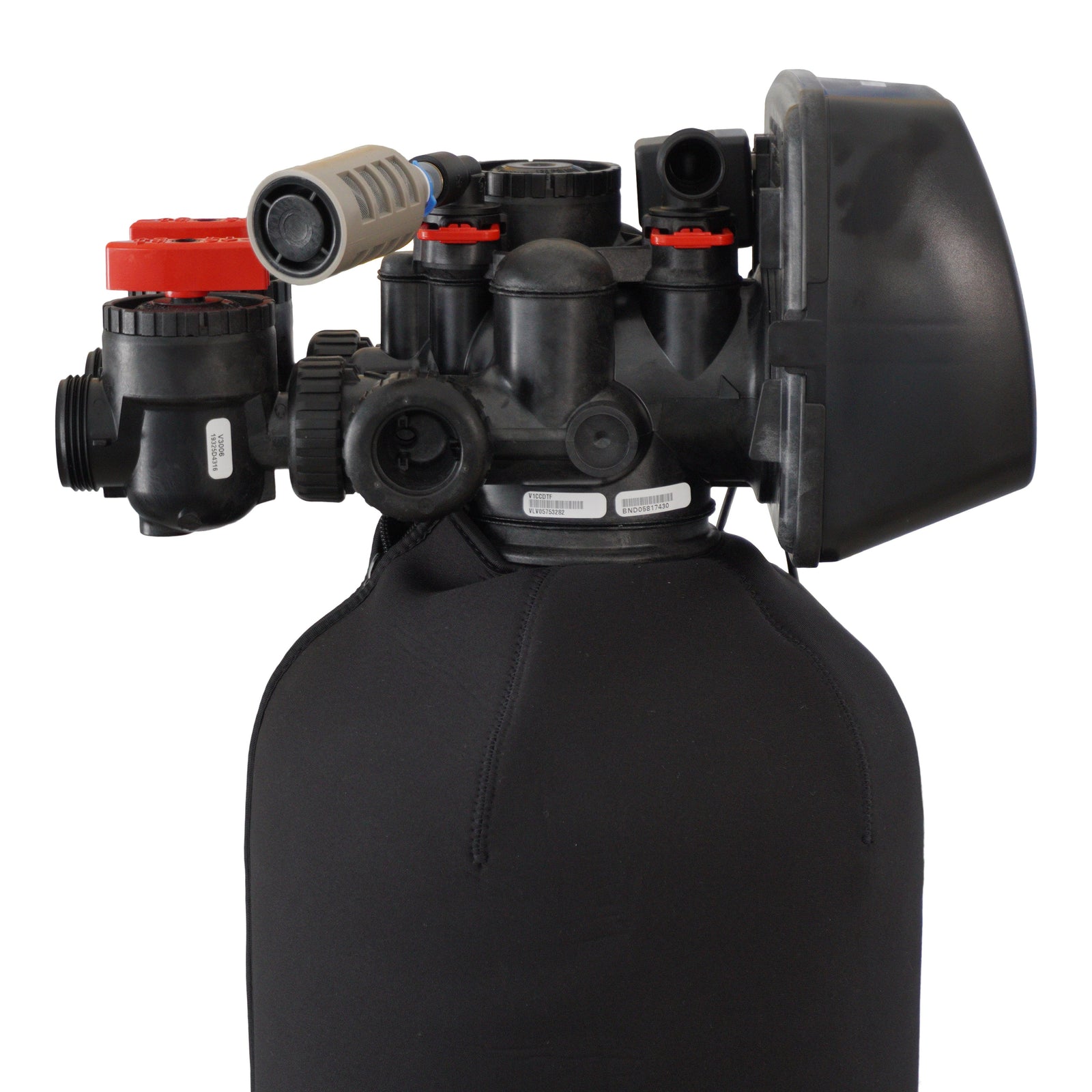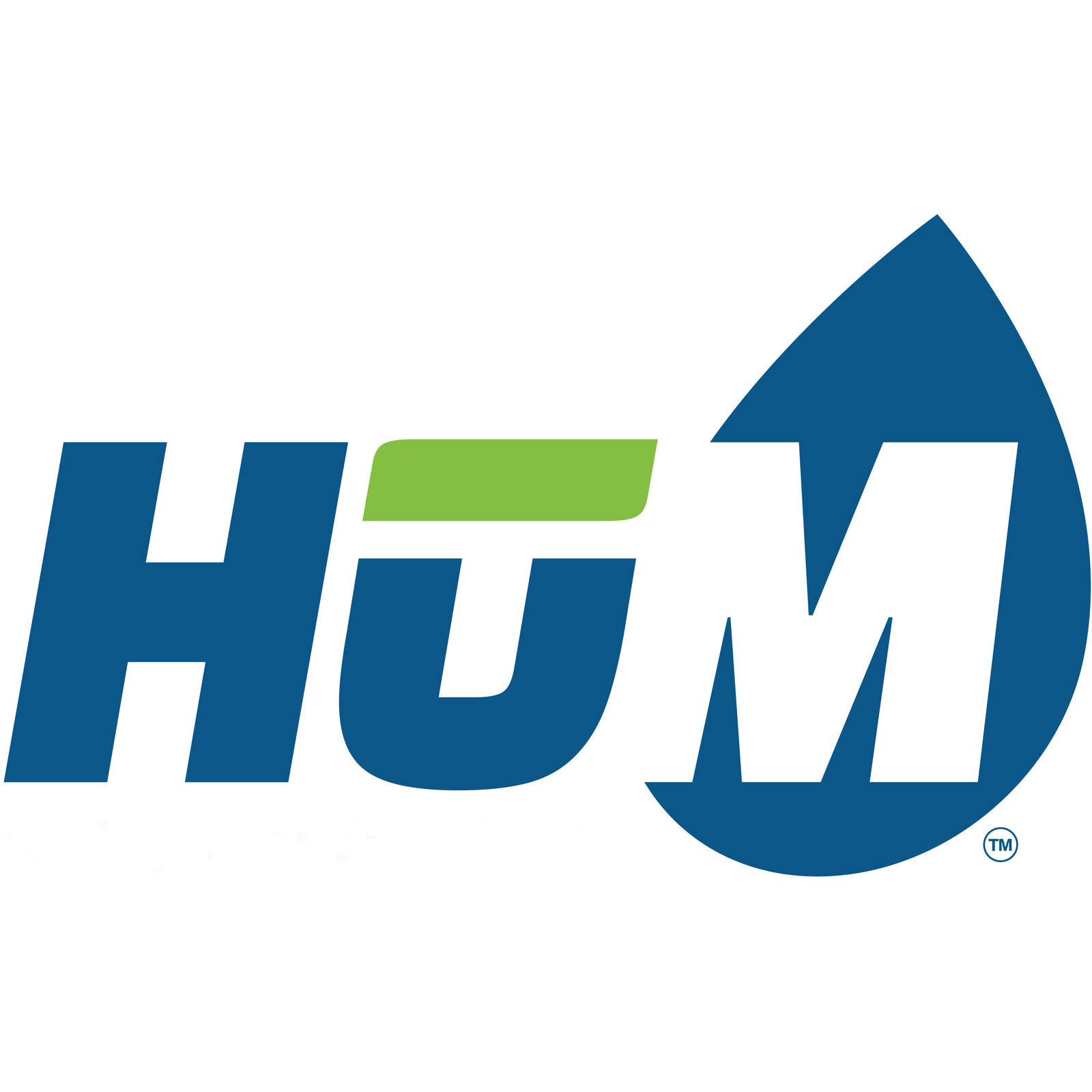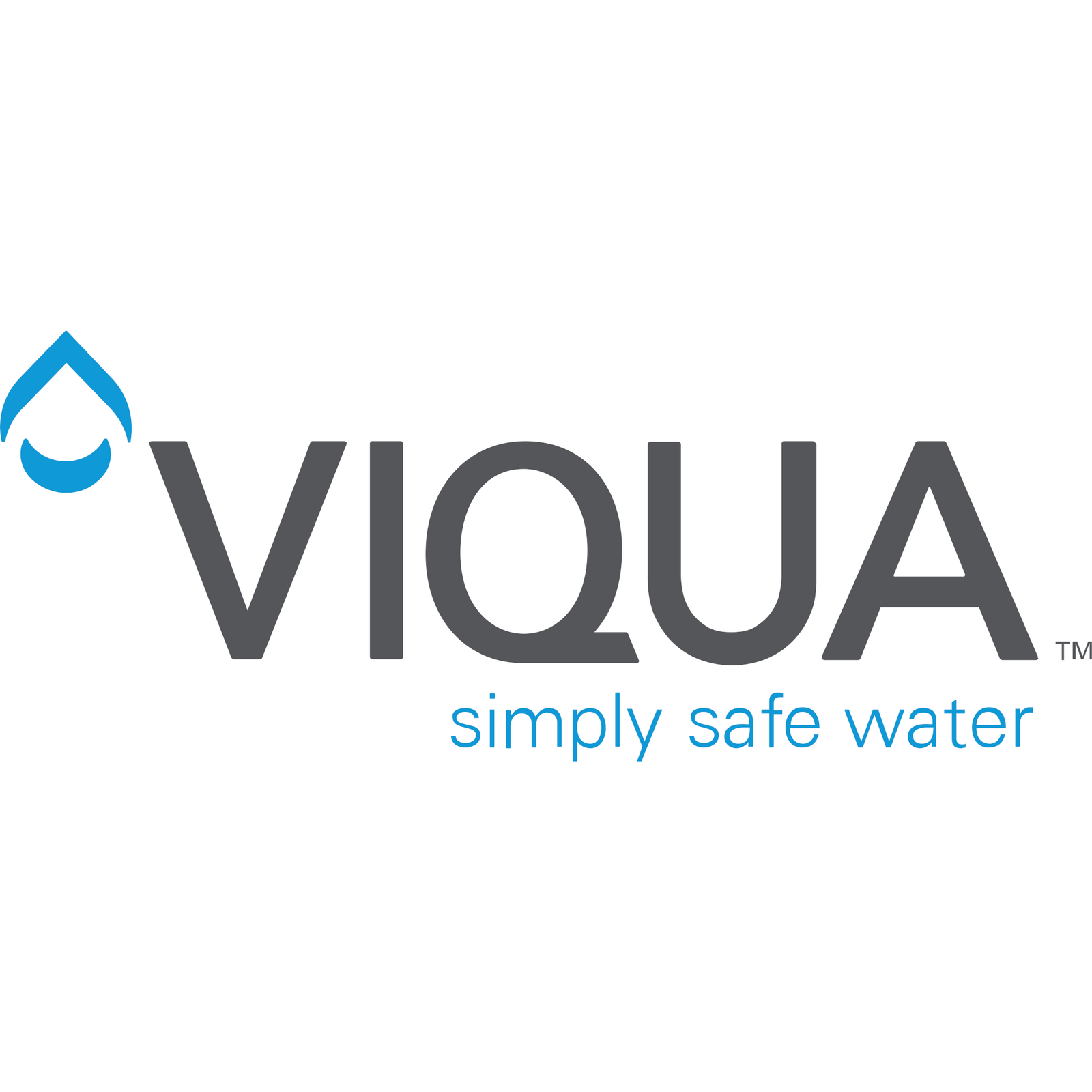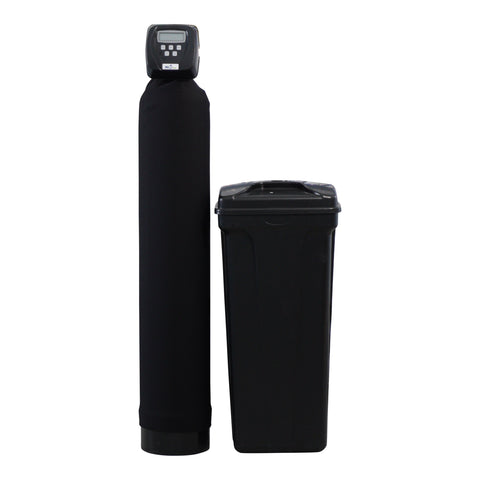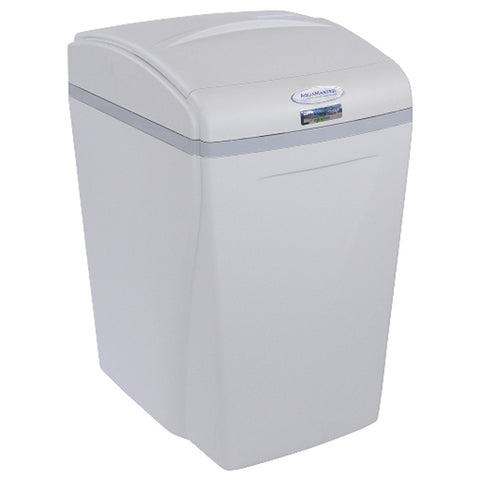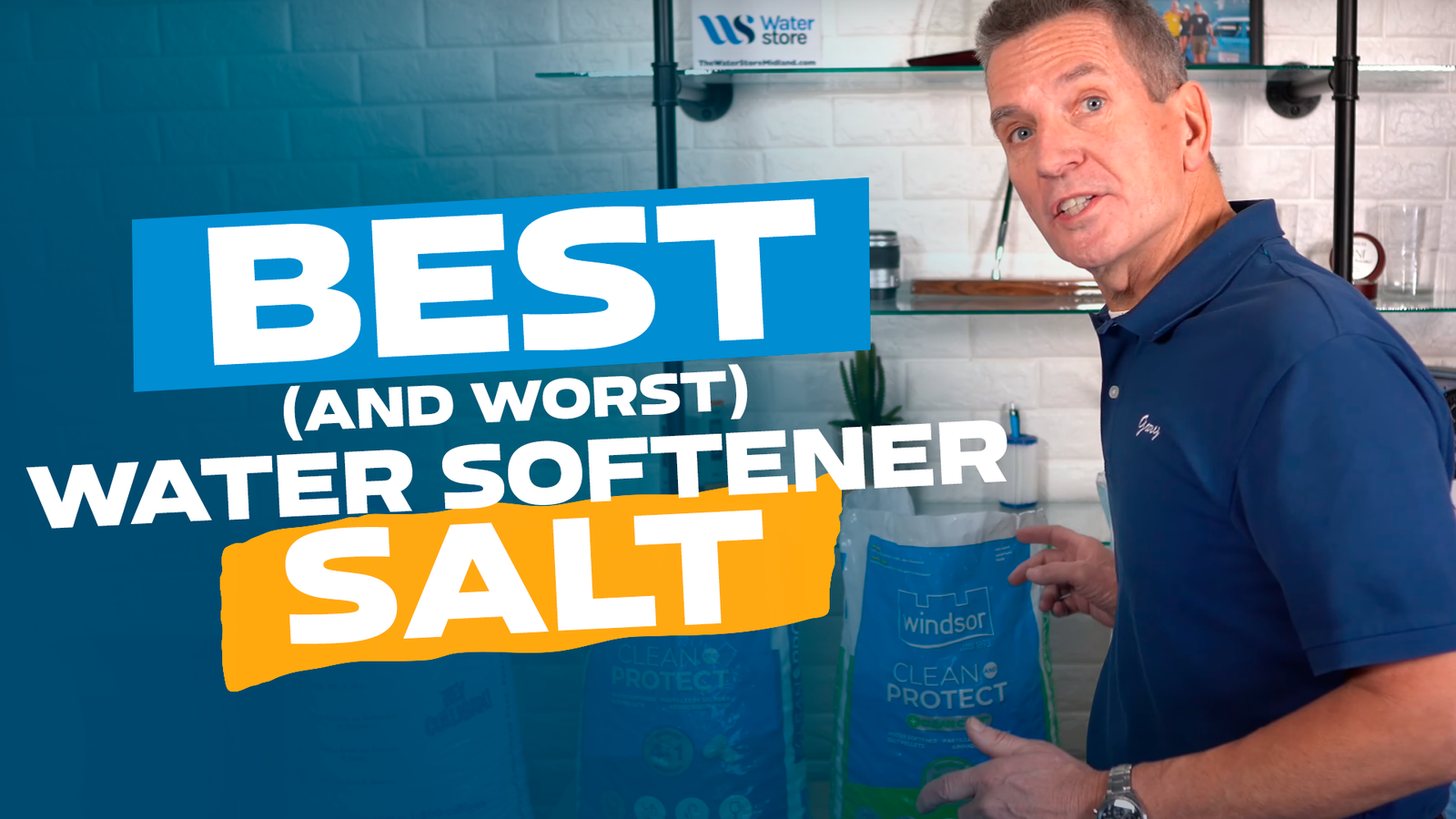
Does the type of salt you put in your water softener really matter? Absolutely!
In fact, it has a direct impact on how well your water softener works and how long it lasts.
Let's be clear. We’re not talking about brands, we’re talking about types. Each brand has about 4 or so different types of salt for you to choose from. The brand doesn’t really matter, but the type very much does.
Today, we’re going to help you choose the best type of salt for your home system, while also talking about the type of salt that you will definitely want to avoid.
Find the Best Water Softener Salt For Your System
To help make sure you’re getting the most for your money, we’re going to cover them from the least expensive to the most expensive.
Rock Water Softener Salt
This is made up of irregularly shaped dirty pieces of salt that resemble tiny rocks.
Rock salt is mined from underground salt mines and we use it as we find it, with little processing. It’s the least expensive because it's the least pure. It contains a significant amount of calcium sulfate.
The main downside is that it doesn’t dissolve as well as the purer softener salts on the marketplace today and it will leave a dirt residue in the softener’s brine tank. This means more mess and more maintenance, which will need to be cleaned out frequently.
You can probably do better and you may have to. This type is getting pretty difficult to find and it might not be available on the market in your area anymore. We haven’t seen it recently in ours.
Solar Salt
As the name suggests, solar salt is produced by evaporating the water out of brine using sunshine. It’s often made from seawater and you might also hear it called Solar Sea Salt.
Solar salt is more soluble than other types of salt and you can buy it in up to 99.5 percent pure form. To make solar salt, water is pumped into underground salt deposits to dissolve that salt. Now that it has absorbed the salt and become brine, that brine is pumped into large outdoor ponds. Next, these ponds are then exposed to sunlight to evaporate the water, leaving behind salt crystals.
On the plus side, many of the salt impurities have been removed, which makes solar salt much purer than rock salt with greater than 99.5% sodium chloride. On the negative side, this product does not contain any cleaners (more on that later) and we have noticed that it’s somewhat prone to salt clogging. It’s also not always easy to find.
On the other hand, if you have a “Sanitizer” type water softener that also claims to remove hydrogen sulphide, this is the only type of water softener salt that is compatible.
Windsor Clean and Protect Pellets
These pellets are 99.99% pure food-grade salt.
The salt has been washed and compressed into pillow-shaped pellets. This is the purest form of salt you’re going to find for your softener.
One major benefit is that they do not leave any residue in the tank, which means you’re not going to have to deal with very much salt bridging or salt clogging. That’s a big plus. At the same time, the salt is also mixed with citric acid to reduce the material build-up in the pipes. This can help protect your appliances and dishes.
These pellets are also formulated to guarantee 99.7% pure salt. That sounds great, but what does it mean for you? It means you won’t need to clean out the brine tank or injector for many years. The pellet’s unique design and purity mean they are much less likely to clog.
It also has a water softener resin cleaner mixed in, so you don't need to add any when used with a municipal water source.
Windsor Clean and Protect Pellets plus Clean Care
This product used to be known as Rust Remover Salt. It’s now basically the same product with an additive to minimize rust stains from well water that contains iron. If your well water has iron in it and you don’t have an iron filter before the water softener, this product will definitely extend the life of your softener.
These pellets are formulated to guarantee 99% pure salt. This means they have many of the same advantages as Windsor Clean and Protect Pellets:
-
You won’t need to clean it often
-
You won’t experience a lot of blocks or bridges
It also has a water softener resin cleaner mixed in, so you don't need to add any.
Sifto Crystal Plus with Resin Clean – Salt crystals
We don’t recommend this type. It’s safe to say that we have seen more clogged and bridged water softeners using crystals than ones that used salt pellets.
They are created by expelling a mixture of salt, brine, and water to the wind, which evaporates the water, leaving about 99.6 percent sodium chloride. The end result is a bunch of crystals that look like broken glass, and that irregular shape is what causes them to bind together and clog your softener.
Potassium Chloride Salt Alternative
Avoid these at all costs!
Potassium chloride water softener salt is the most expensive and it is actually a ‘salt alternative.’ It’s 99% sodium free and marketed to people that are looking to reduce their sodium intake.
Let’s start with the fact that this product costs almost 4 times more than traditional water softener salt. Yet, it is only 80% as efficient as salt. This means you need to increase your water softener’s hardness settings by 20% if you want to use this. And, it’s more likely to clog your water softener.
For the record, if you’re trying to limit the amount of salt in your diet, you should know that modern water softeners add virtually no salt to your water during regeneration. You are far better off with an RO, which will remove all of the sodium from your water. Check out our HUM Water Saver 75 here
We recently helped a family whose water softener was totally clogged with Potassium Chloride. They had been told by a service person to buy the best salt, but they didn’t specify what the best was. Sadly, this family went with the most expensive and the unclogging of their softener took several days.
That’s an expensive and inconvenient mistake to learn the hard way.
The Bottom Line
So, what’s the best water softener salt for your needs?
-
No iron in your water? Use Windsor Clean and Protect Pellets!
-
Iron in your well water? Use Clean and protect pellets plus clean care!
-
“Sanitizer” water softener that recommends solar salt? Use solar salt!
-
Forget the rest!
We are Your Water Softener Experts!
If you are in the market for a new water softener solution for your home or cottage, we’re here to help! We recommend something like our HUM Metered Water Softener System 30,000 Grain Capacity, or our AQUAMASTER AMS 700 High-Efficiency Water Softener.
Of course, if you have any questions, you can contact us by clicking here.

